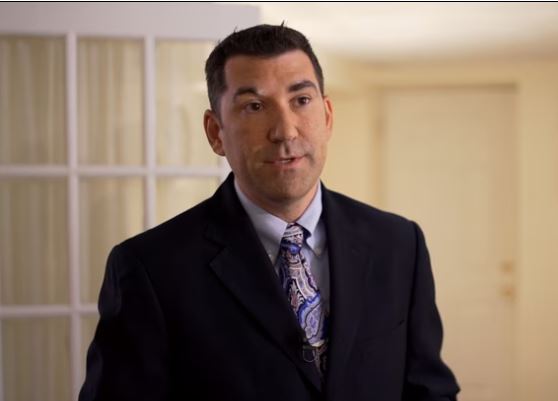Recently I saw a conference agenda that listed multiple keynote speakers. This is all too common, and it’s wrong.
Formally, there can only be 1 keynote speaker. Consider it like this. In an orchestra, where the term keynote comes from, a member plays a “key note” before they begin, and all other members tune their instruments to that note. The result is a symphony! Without this important step, you have something that’s musically akin to kids with instruments sitting on the stage together playing out of key.
 At a conference, the keynote presentation should do the same. It is designed to set the tone for the conference, such that all other speakers connect to the keynote in some way. Even though topics will vary, there should be some tie-back, providing the attendees a common point of reference.
At a conference, the keynote presentation should do the same. It is designed to set the tone for the conference, such that all other speakers connect to the keynote in some way. Even though topics will vary, there should be some tie-back, providing the attendees a common point of reference.
This is exactly where speech coaches help conference speakers – working together to ensure key points or ideas are consistent with, and connect to the keynote and to each other. We almost always see presenters using the same sponsor-designed PowerPoint templates. But consistency in the visual aids gets you nowhere if those presenters use different language, have different viewpoints, present conflicting data, or go off the rails in terms of the central theme of the conference.
Some conference planners will brush my comments off as trivial, but it can be the difference between world-class conferences and spending a lot of money by parading a bunch of big name speakers across the stage. It’s boring.
 Executing well means people leaving at the end of the conference are feeling like they got a lot of valuable information and much needed motivation. Otherwise, they leave feeling like something or other went on in the conference and wow, did they have a great time in Vegas!
Executing well means people leaving at the end of the conference are feeling like they got a lot of valuable information and much needed motivation. Otherwise, they leave feeling like something or other went on in the conference and wow, did they have a great time in Vegas!
For a high-value, high-impact event, at least 1 or 2 months in advance, conference planners should make absolutely certain that their speech coach is working with the keynote speaker and every speaker planning to present. This provides the “glue” ensuring follow-on speakers include meaningful references that tie their speech to the keynote in some form. This of course means the keynote needs to be drafted well in advance of the other presentations. Easy for me to say, but I know that’s hard to do. One very powerful technique for a keynote is to discuss the topic, then pose some questions that are answered through out the conference by other speakers. If they can’t, then you may want to ask if that presentation is going to be relevant to the event.
Sadly, all too often we see an uninformed conference planing organization seek to promote several big names as keynote speakers, plural. While this may sound good for marketing and promotion, it’s a sure signal that the conference is likely not going to be very impactful.
So, conference sponsors and speakers, beware. Push hard on your conference planners to ensure there truly is only 1 keynote. If you have a celebrity speaker, its OK if he or she is called the keynote for promotional purposes. But then have a company person do the real keynote speech, even if it’s titled something else, like “message from the CEO”. This will set the proper tone for the conference and go a long way to making it memorable.




